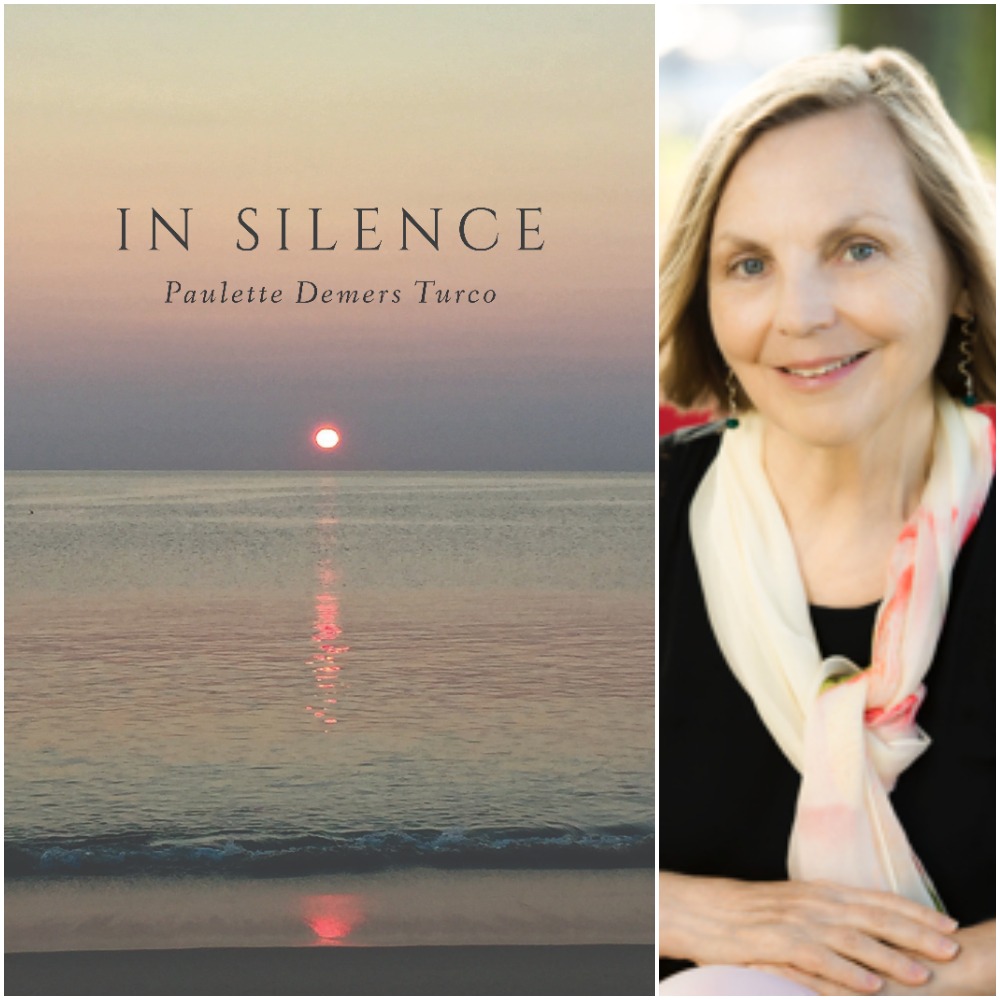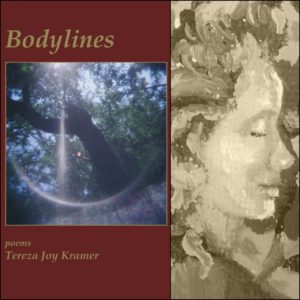Paulette Demers Turco’s poems gathered here, In Silence, speak with quiet compassion for the boy who must be coaxed to the window of his burning bedroom, the devoted mother of a child stillborn, the elderly man who will not surrender to the loss of his faculties; in short, they speak for all of us “trapped” in the human condition. Even in celebration—of the cycle of seasons, of the limpet’s exemplary tenacity, of the miraculous migration of butterflies— this poet does not raise her voice. I am reminded of a quotation from Anna Kamienska’s journal: “How to write so that the poem is as close as possible to silence.” Let the headlines shout; let radios blare the latest hits; but let’s find a quiet spot somewhere and listen closely to these poems.
–Alfred Nicol
Paulette Demers Turco’s In Silence has many elements to praise, but my favorite is the sustained metaphor that lifts these poems right off the page. A river becomes a ballet. A mother’s life becomes vivid and gorgeously poignant in terms of her sewing accomplishments. As for the natural world—metaphor again; a poem like “The Limpet” expresses both emotion and idea.
The various physical states of water echo the seasons that frame the flow of the poems, and each title brings added color to the included poems. Even when her subject is dark—serious illness, abandonment, dementia—Turco provides consolation: “Solace”, in fact is the title of one of the poems. Nor is humor far away; “She Dreamed” describes suffering, but colloquially and with a delightful surprise ending. Throughout the book, this poet tempers philosophy with reassuring perspective: she puts the world in its lyrical place.
–Deborah Warren
The only “silence” perceptible in Paulette Turco’s first poetry collection is the stillness of a mind observing, absorbing and weighing experience, both casual and profound. After that, it’s all sound: the music of well crafted triolets, sonnets, villanelles and other strict forms, as well as the occasional and equally ear-pleasing free verse. And along with the music, the other gifts of poetry: imagery that goes deeper than the senses, and genuine human communication.
These poems invite the reader to witness the migration of butterflies across great distances; conversation across no distance at all between a migraine-afflicted speaker and her painful condition; the thoughts of a bride before her arranged marriage; the fright of a child trapped in a burning room; a lone pregnant girl contemplating the future; veterans remembering war; the troubled confusion of an elderly woman trying to recapture the memory of her happy marriage.
If you are moved by entering the lives of others by means of the written word, this book is for you: you’ll enjoy its silences, as well as the varied voices that follow.
–Rhina P. Espaillat






Reviews
There are no reviews yet.